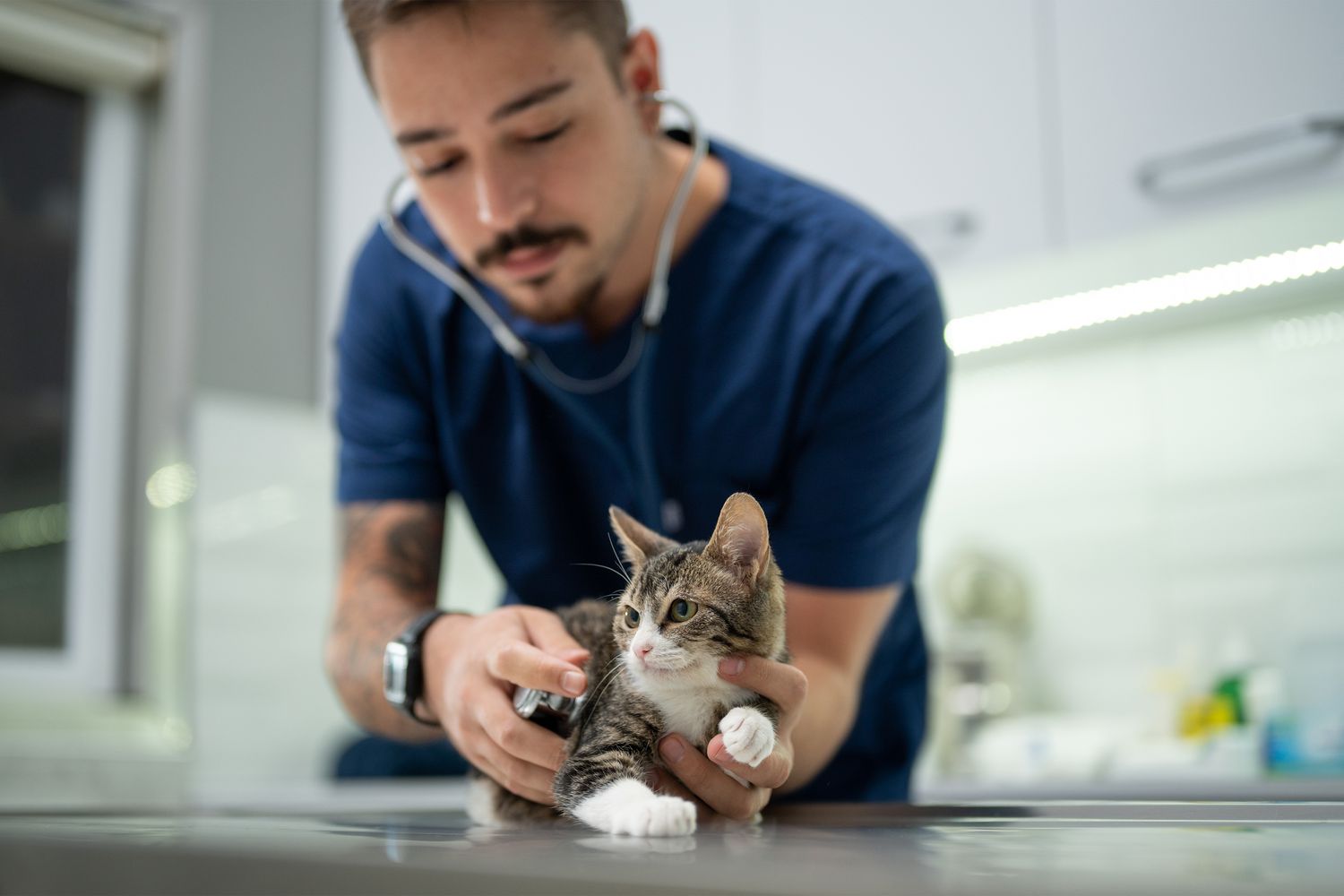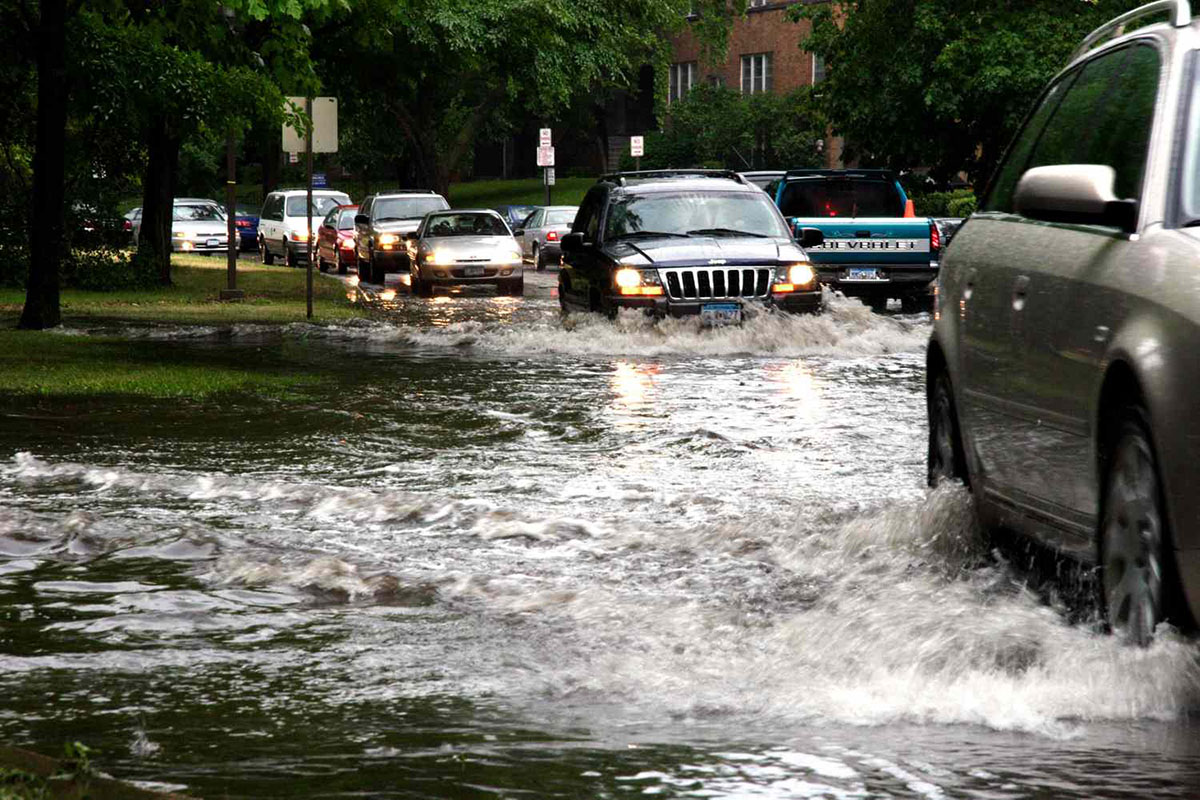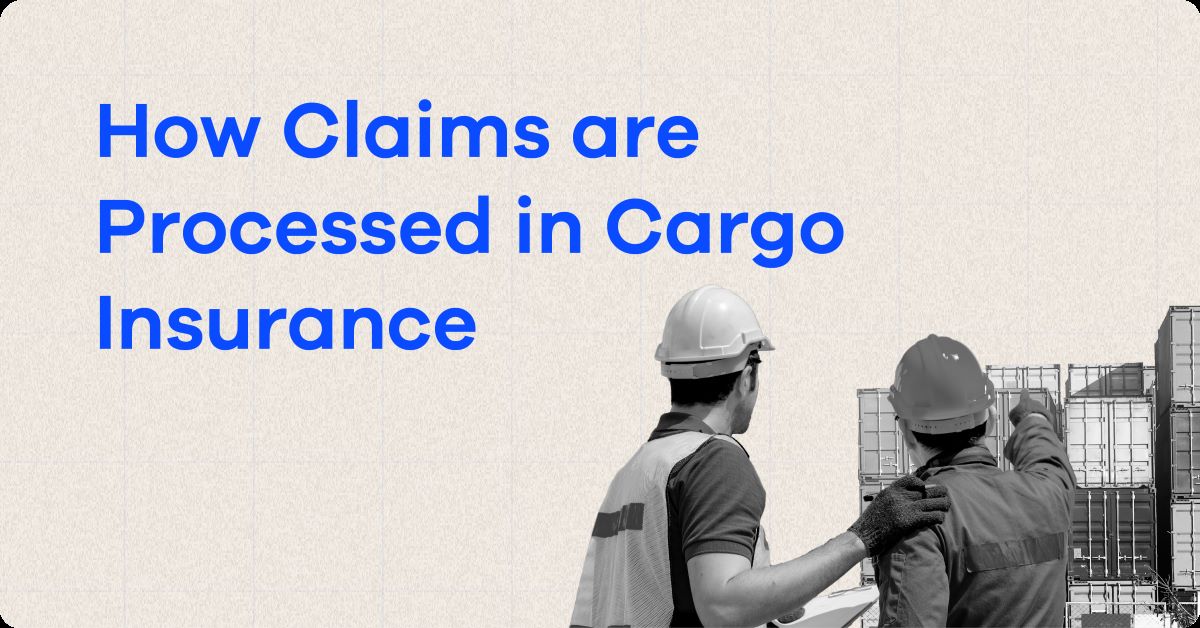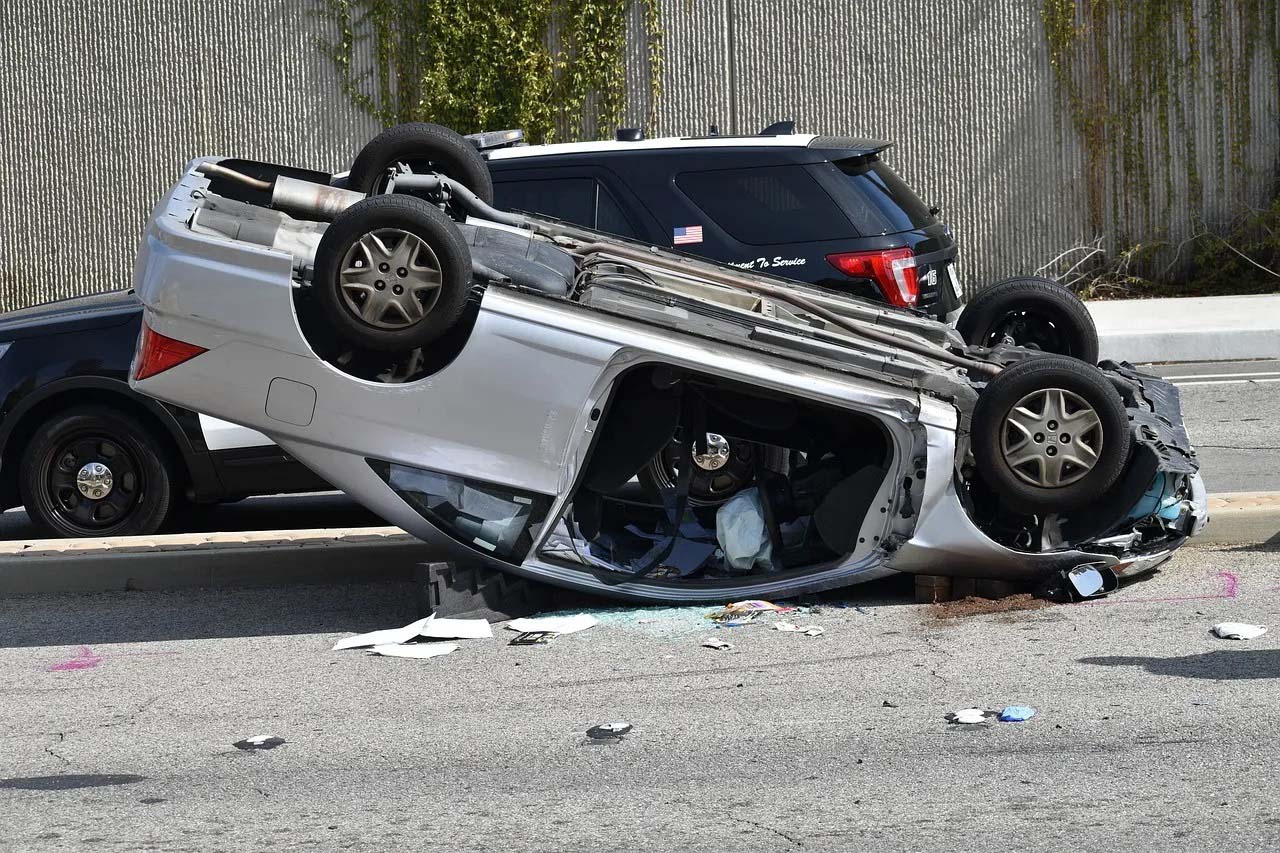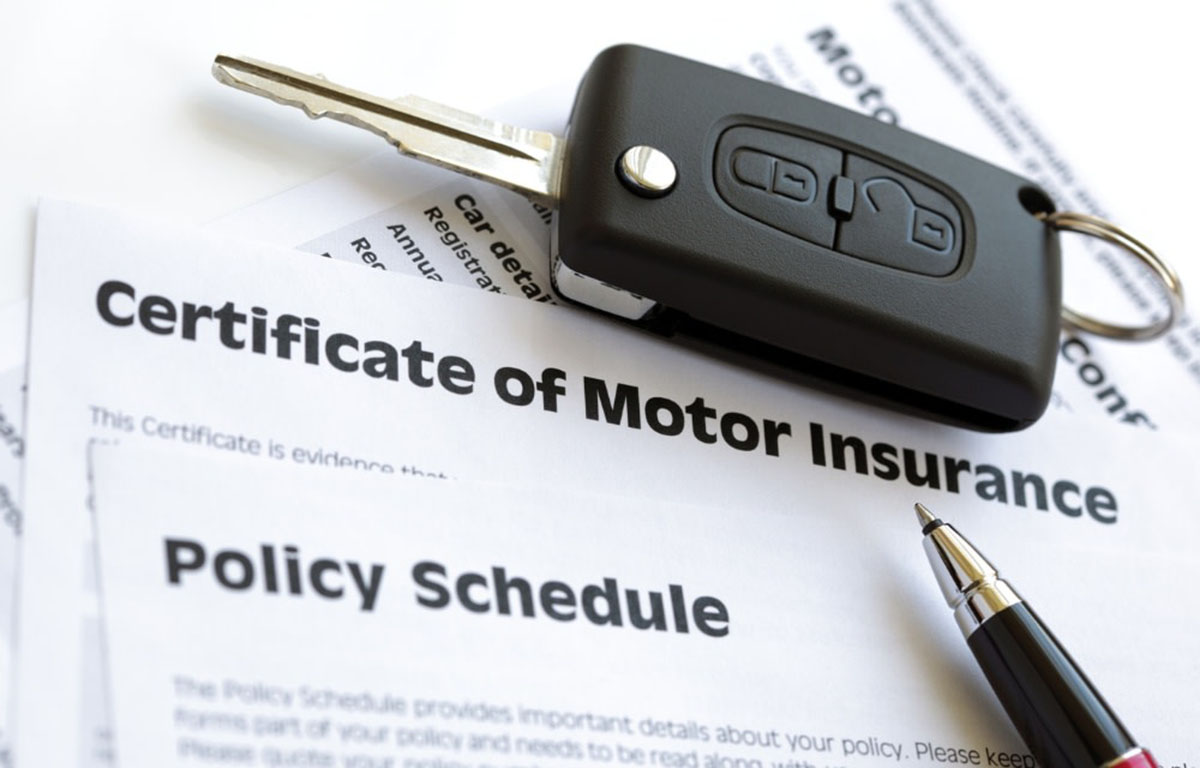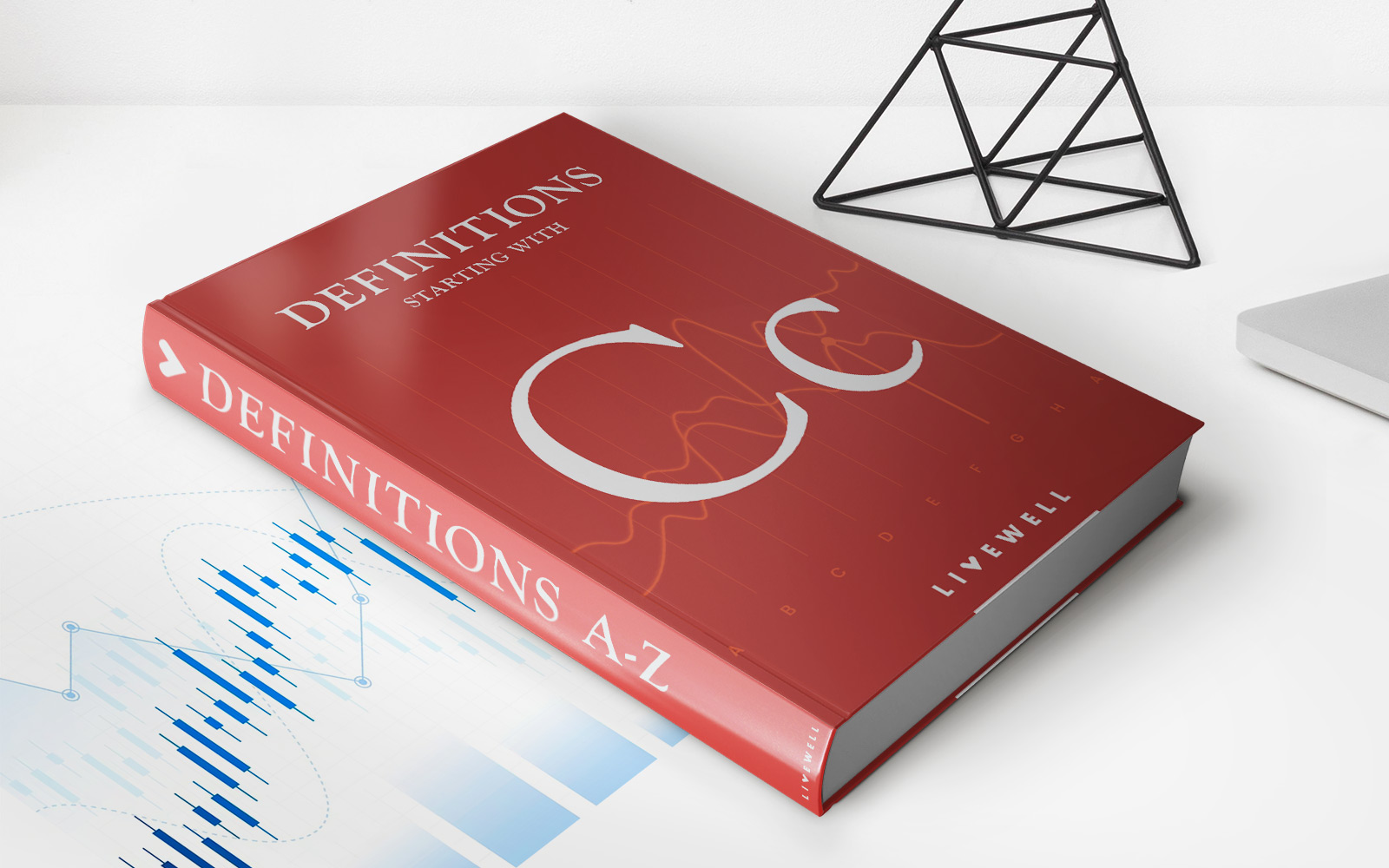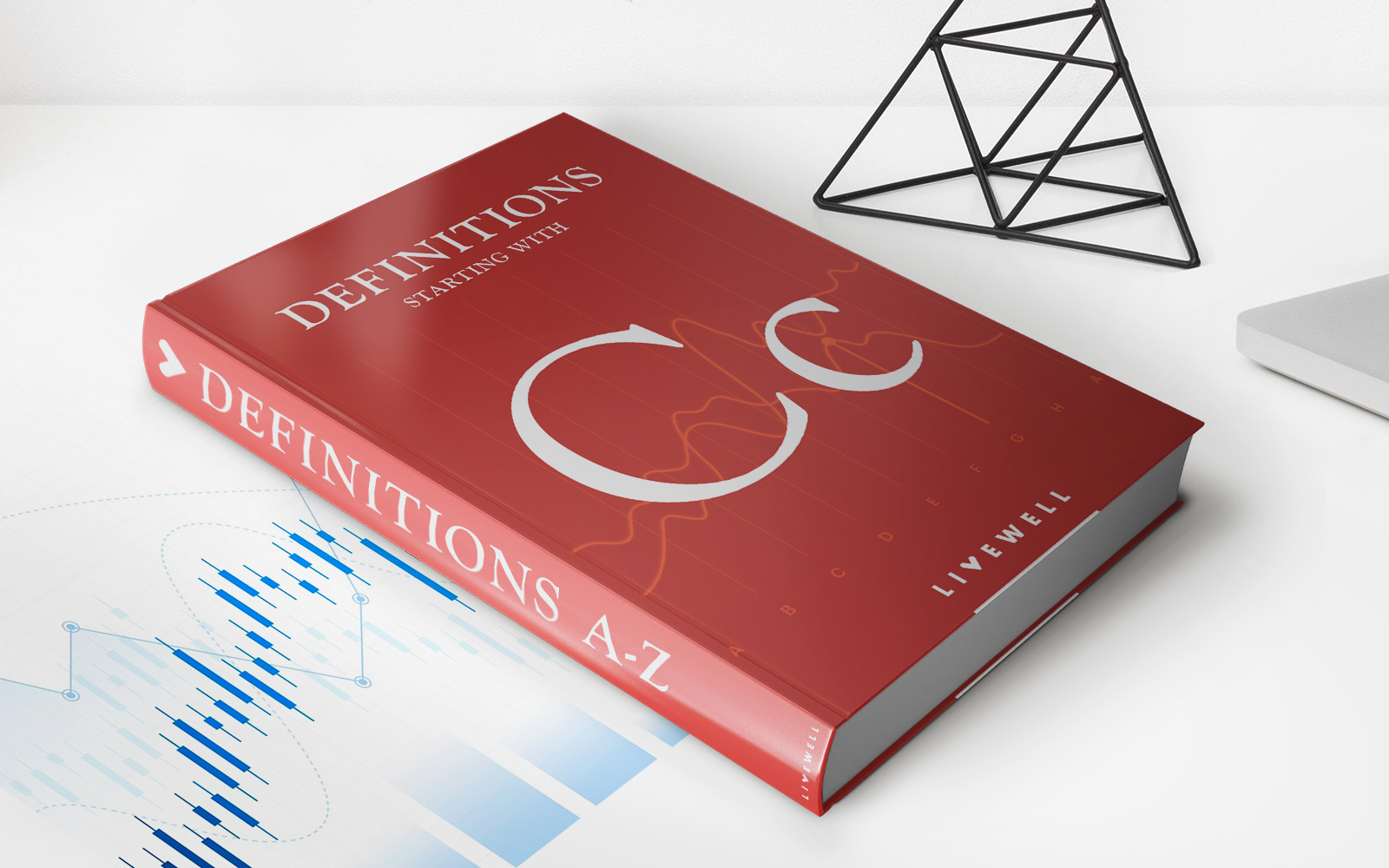

Finance
How Much Auto Insurance Do I Need In Florida?
Published: November 12, 2023
Get the right amount of auto insurance coverage in Florida for your financial protection. Learn about the factors to consider when determining your insurance needs.
(Many of the links in this article redirect to a specific reviewed product. Your purchase of these products through affiliate links helps to generate commission for LiveWell, at no extra cost. Learn more)
Table of Contents
Introduction
When it comes to owning a vehicle in Florida, having the right auto insurance coverage is not just a legal requirement, but also a crucial financial protection. Auto insurance is designed to safeguard you and others on the road from unexpected accidents and their financial consequences. However, determining how much auto insurance you need can be a confusing task, especially with the various coverage options available.
In this article, we will explore the minimum auto insurance requirements in Florida and discuss the different types of coverage available. We will also delve into additional factors to consider when determining your coverage needs, so you can make an informed decision that suits your individual circumstances.
Florida follows a “no-fault” insurance system, which means that your insurance company will cover your medical expenses and other related costs, regardless of who is at fault in an accident. However, it is essential to understand the specific coverage limits and options to ensure you have adequate protection.
While the minimum coverage requirements are a starting point, they may not be sufficient to fully protect you in serious accidents. By understanding the different types of coverage and considering factors specific to your situation, you can determine the right amount of auto insurance you need to have peace of mind on the road.
Minimum Auto Insurance Requirements in Florida
In order to legally operate a vehicle in Florida, you must meet the state’s minimum auto insurance requirements. It is important to note that these requirements serve as a baseline and may not provide sufficient coverage in the event of a serious accident. However, failing to meet these minimum requirements can result in fines, license suspension, or other legal consequences.
The minimum auto insurance requirements in Florida include:
- Bodily Injury Liability Insurance: Florida requires a minimum of $10,000 in bodily injury liability coverage per person and $20,000 per accident. This coverage helps protect you financially if you are at fault in an accident and cause injuries to others.
- Property Damage Liability Insurance: The state also requires a minimum of $10,000 in property damage liability coverage. This coverage helps cover the costs of any property damage caused by your vehicle in an accident.
- Personal Injury Protection (PIP): Florida is a no-fault state, which means that drivers are required to carry Personal Injury Protection (PIP) coverage. PIP insurance covers your own medical expenses, regardless of who is at fault in an accident. The minimum PIP coverage required in Florida is $10,000.
It is essential to understand that these minimum coverage requirements may not fully protect you in the event of a severe accident. Medical expenses and property damage costs can quickly exceed the minimum coverage limits, leaving you financially responsible for the remaining expenses.
While meeting the minimum requirements is mandatory, it is always recommended to consider additional coverage options to provide yourself with adequate protection. Let’s explore some of these coverage options in the next section.
Bodily Injury Liability Insurance
Bodily Injury Liability Insurance is a type of auto insurance coverage that helps protect you financially if you cause injuries to others in an accident. While it is not a legal requirement in Florida, it is highly recommended to opt for this coverage to ensure adequate protection.
When you are at fault in an accident and cause injuries to other parties, bodily injury liability insurance helps cover their medical expenses, rehabilitation costs, lost wages, and legal expenses if they decide to sue you. Without this coverage, you could be personally responsible for paying these costs out of pocket, which can be financially devastating.
While Florida does not mandate bodily injury liability coverage, it is important to note that if you have been involved in certain types of offenses, such as DUI, or if you have been involved in previous accidents resulting in serious bodily harm, you may be required to carry bodily injury liability coverage as part of your insurance policy.
When purchasing bodily injury liability insurance, you will have the option to select coverage limits. The coverage limits refer to the maximum amount your insurance company will pay for each injured person and the total maximum amount for all injuries in an accident.
It is crucial to carefully consider your coverage limits. Opting for higher coverage limits provides you with greater financial protection in the event of a severe accident. While higher coverage limits may result in slightly higher premiums, the peace of mind and the potential savings in the long run can outweigh the additional cost.
Remember, the purpose of bodily injury liability insurance is to protect your assets and future earnings. If you cause an accident resulting in severe injuries and are found liable, inadequate coverage limits could potentially expose your personal assets to legal action.
Taking the time to evaluate your assets, income, and potential risks can help you determine the appropriate coverage limits for your bodily injury liability insurance. Consulting with an insurance agent or advisor can provide you with valuable insights tailored to your specific needs.
In the next section, we will discuss property damage liability insurance, another important type of auto insurance coverage to consider.
Property Damage Liability Insurance
Property Damage Liability Insurance is a vital component of auto insurance coverage that helps protect you financially if your vehicle causes damage to someone else’s property in an accident. Like bodily injury liability insurance, property damage liability insurance is not a legal requirement in Florida, but it is strongly recommended to have this coverage.
Accidents can result in significant property damage, such as damage to other vehicles, buildings, fences, or other structures. Without property damage liability insurance, you would be responsible for paying for these damages out of pocket, which can be financially burdensome.
When selecting property damage liability insurance, you will also have the option to choose coverage limits. These limits determine the maximum amount your insurance company will pay to cover the property damage expenses.
It is important to consider the potential costs associated with property damage and select appropriate coverage limits. Higher coverage limits provide you with more protection and help ensure that you have adequate financial resources to cover any extensive property damage resulting from an accident.
While the minimum property damage liability coverage in Florida is $10,000, it is advisable to consider higher limits, especially if you own valuable assets that could be at risk in the event of significant property damage.
Keep in mind that property damage liability insurance only covers damages to other people’s property and does not cover damage to your own vehicle. If you want coverage for your vehicle’s damage, you will need to consider comprehensive and collision coverage as part of your auto insurance policy.
Understanding your personal circumstances, driving habits, and the potential risks involved can help you determine the appropriate coverage limits for property damage liability insurance. A knowledgeable insurance agent or advisor can guide you in selecting the right coverage that meets your specific needs.
In the next section, we will discuss Personal Injury Protection (PIP), which is a unique coverage required in Florida that provides medical expense coverage for drivers and passengers involved in an accident, regardless of who is at fault.
Personal Injury Protection
Personal Injury Protection (PIP) is a mandatory coverage in Florida that provides medical expense coverage for drivers and passengers involved in an accident, regardless of who is at fault. PIP is designed to provide timely medical benefits and cover some of the expenses associated with injuries sustained in an accident.
Under the no-fault insurance system in Florida, PIP coverage applies to you, your household family members, and passengers in your vehicle. It typically covers medical expenses, such as hospital visits, surgeries, medications, rehabilitation, and other necessary treatments.
The minimum PIP coverage required in Florida is $10,000, but higher coverage limits are available for those seeking additional protection. It is important to note that PIP coverage does not cover all the expenses related to an accident, such as pain and suffering or property damage.
One significant advantage of PIP coverage is that it provides prompt medical benefits without the need to establish fault or wait for the resolution of a legal claim. This means that you can receive necessary medical treatment quickly without having to worry about the financial implications.
It is important to understand that while PIP covers your medical expenses, it may not provide full coverage for all your needs in the event of a severe accident or if your medical bills exceed the coverage limit. Therefore, it is wise to consider additional coverage options to supplement your PIP coverage.
For those who already have health insurance, it is important to review the terms of your policy and understand the coordination of benefits between PIP and your health insurance coverage. In some situations, your health insurance may be the primary coverage for medical expenses, and PIP would serve as a secondary coverage.
Accidents can result in various medical expenses and ongoing treatments that can quickly exceed the minimum PIP coverage limit. Therefore, depending solely on PIP coverage may not provide sufficient financial protection.
Next, we will discuss the importance of uninsured/underinsured motorist coverage, an additional coverage option that can further protect you in the event of an accident involving a driver with inadequate or no insurance coverage.
Uninsured/Underinsured Motorist Coverage
Uninsured/Underinsured Motorist (UM/UIM) coverage is an optional but highly recommended type of auto insurance that provides financial protection in the event of an accident with a driver who either has no insurance or insufficient insurance coverage to cover your damages.
Despite the legal requirement for all drivers in Florida to carry auto insurance, there are still instances where drivers either do not have insurance or have coverage limits that are inadequate to cover the damages caused by an accident. In such cases, having UM/UIM coverage can help fill the gap and protect you from financial loss.
UM coverage comes into play when you are involved in an accident with an uninsured driver. This coverage helps pay for your medical expenses, lost wages, and other damages caused by the uninsured driver. UIM coverage, on the other hand, applies when you are in an accident with an underinsured driver, meaning their insurance coverage is not enough to fully compensate for your damages.
By having UM/UIM coverage, you are essentially providing yourself with an additional layer of protection. It safeguards you from the potential financial burden of paying for medical bills, repairs, or other expenses from an accident caused by someone without adequate insurance coverage.
The limits for UM/UIM coverage are typically set to match your liability coverage limits. For example, if you have $100,000 in bodily injury liability coverage, you may choose to have $100,000 in UM/UIM coverage as well. It is important to evaluate your risk exposure and consider selecting higher coverage limits to ensure adequate protection.
UM/UIM coverage can be crucial in scenarios where you suffer severe injuries, long-term disabilities, or significant property damage in an accident with an uninsured or underinsured driver. It provides you with peace of mind, knowing that you have an additional layer of financial protection in case such unfortunate events occur.
Consulting with an insurance professional can help you assess your needs and determine the appropriate coverage limits for UM/UIM coverage. It is always wise to consider this optional coverage to ensure comprehensive protection on the road.
Now, let’s explore some additional coverage options that you may want to consider to further enhance your auto insurance policy.
Additional Coverage Options
While meeting the minimum auto insurance requirements in Florida is necessary, it is often advisable to consider additional coverage options to provide yourself with enhanced protection on the road. These additional coverage options can help protect you from a wider range of risks and potential financial loss.
Here are some additional coverage options to consider:
- Collision Coverage: Collision coverage helps cover the cost of repairs or replacement of your vehicle if it is damaged in a collision, regardless of who is at fault. This coverage is especially important if you have a newer or more valuable vehicle.
- Comprehensive Coverage: Comprehensive coverage provides protection for damages to your vehicle caused by events other than collisions. This can include theft, vandalism, natural disasters, and falling objects. It helps ensure that you are financially protected against a wide range of potential risks.
- Medical Payments Coverage: Medical payments coverage, also known as MedPay, covers medical expenses for you and your passengers, regardless of who is at fault in an accident. It can help cover costs such as hospital visits, surgeries, medications, and other necessary medical treatments.
- Rental Car Reimbursement: Rental car reimbursement coverage helps cover the cost of renting a vehicle while your car is being repaired after an accident. This can provide you with convenience and peace of mind, particularly if you rely on your vehicle for daily transportation.
- Towing and Roadside Assistance: Towing and roadside assistance coverage can be helpful if you experience a breakdown or need assistance while on the road. This coverage can provide services such as towing, battery jump-starts, tire changes, and lockout assistance.
Each of these coverage options comes with its own benefits and considerations. It is essential to evaluate your individual needs, budget, and risk tolerance when deciding which additional coverages to include in your policy.
By selecting the right combination of coverage options, you can ensure comprehensive protection for yourself, your vehicle, and your passengers.
Next, we will discuss important factors to consider when determining your auto insurance coverage needs.
Factors to Consider when Determining Coverage Needs
When determining the appropriate auto insurance coverage for your needs, it is essential to consider various factors that can affect your level of risk and financial exposure. By taking these factors into account, you can ensure that you have adequate protection on the road. Here are some key factors to consider:
- Driving Habits: Consider your driving habits and the amount of time you spend on the road. Drivers who frequently commute long distances or drive in congested areas may have a higher risk of accidents and may require higher coverage limits.
- Vehicle Value: The value of your vehicle plays a significant role in determining the type and amount of coverage you need. If you have a newer or more expensive vehicle, you may want to consider collision and comprehensive coverage to protect your investment.
- Financial Situation: Evaluate your financial situation, including your income, assets, and potential liabilities. Higher coverage limits may be necessary if you have significant assets to protect in the event of a lawsuit resulting from a severe accident.
- Medical Insurance: Take into account your existing medical insurance coverage and how it aligns with personal injury protection (PIP) coverage. Understanding the coordination of benefits between your auto insurance and health insurance can help you determine the appropriate coverage limits.
- Location: Consider where you live and the driving conditions in your area. Factors such as high accident rates, severe weather conditions, or high rates of uninsured drivers can impact the level of coverage you should have.
- Family Considerations: If you have dependents or family members who frequently ride in your vehicle, ensuring sufficient coverage for their well-being is crucial. Personal injury protection (PIP) and uninsured/underinsured motorist coverage can provide additional protection for your loved ones.
By carefully assessing these factors and discussing your needs with an insurance professional, you can make informed decisions about the type and amount of coverage required to adequately protect yourself and your assets.
Remember, auto insurance is not a one-size-fits-all solution, and your coverage needs may change over time. Regularly review and reassess your coverage to ensure that it aligns with your current circumstances and provides adequate protection on the road.
Now, let’s conclude our discussion on determining the right auto insurance coverage.
Conclusion
When it comes to auto insurance in Florida, it is important to understand the minimum requirements and consider additional coverage options to protect yourself financially. While meeting the minimum requirements is necessary, it may not provide sufficient coverage in the event of a serious accident.
Bodily injury liability and property damage liability coverage are the minimum requirements in Florida, providing protection for injuries to others and property damage caused by your vehicle. Personal injury protection (PIP) is also mandatory in Florida, covering your medical expenses regardless of fault.
Considering additional coverage options such as uninsured/underinsured motorist coverage, collision coverage, comprehensive coverage, medical payments coverage, and rental car reimbursement can provide more comprehensive protection on the road.
When determining your coverage needs, factors such as driving habits, vehicle value, financial situation, location, and family considerations should be taken into account. Evaluating these factors and consulting with an insurance professional can help you choose the right coverage limits for your specific needs.
Remember, auto insurance is not a one-time decision. Regularly review and reassess your coverage to ensure it aligns with your current situation and provides adequate protection.
By understanding the importance of auto insurance and tailoring your coverage to your needs, you can drive with confidence, knowing that you have the necessary protection in place to navigate the roads of Florida.

